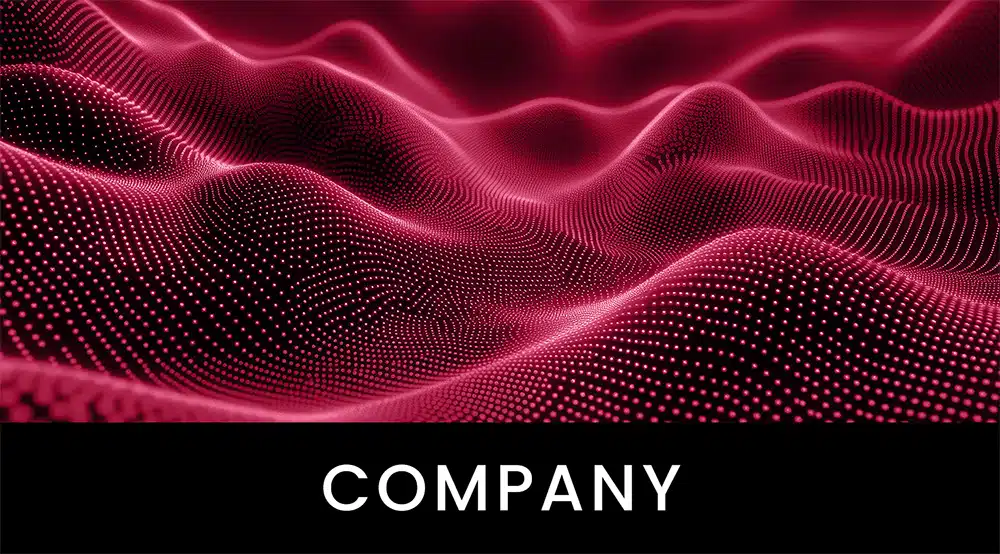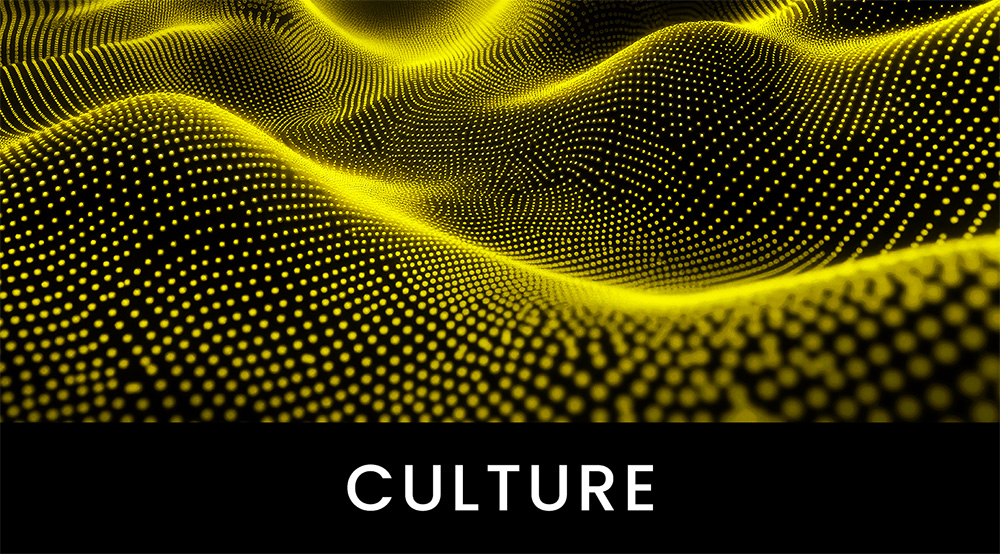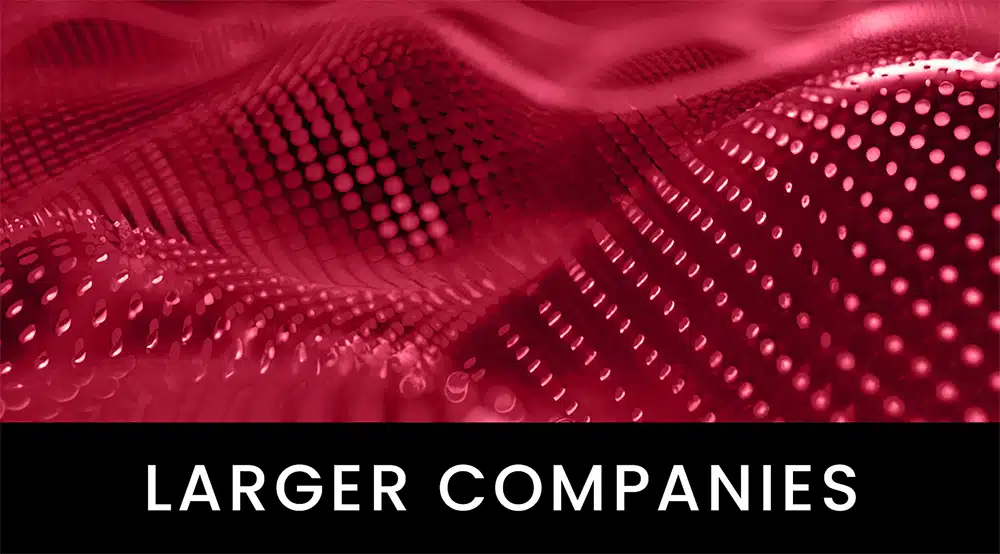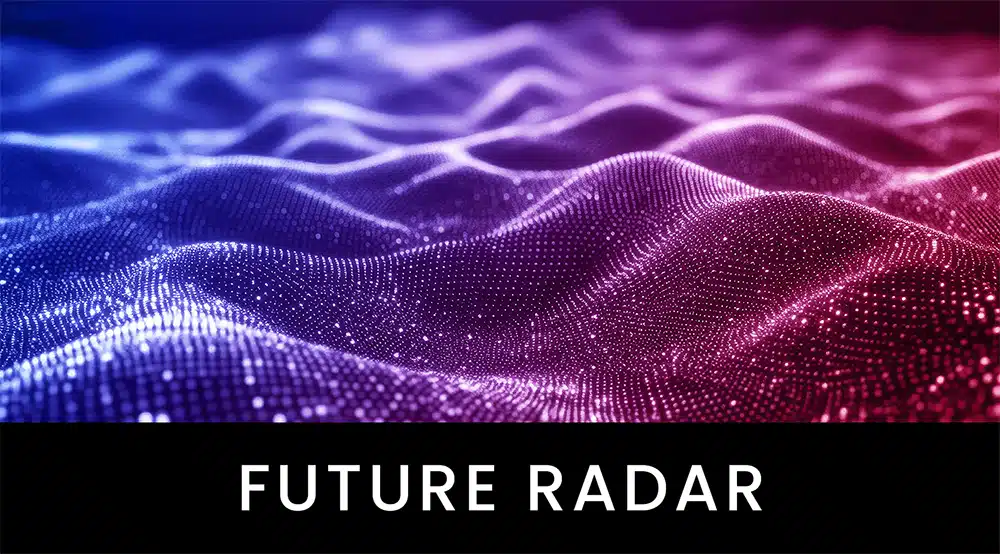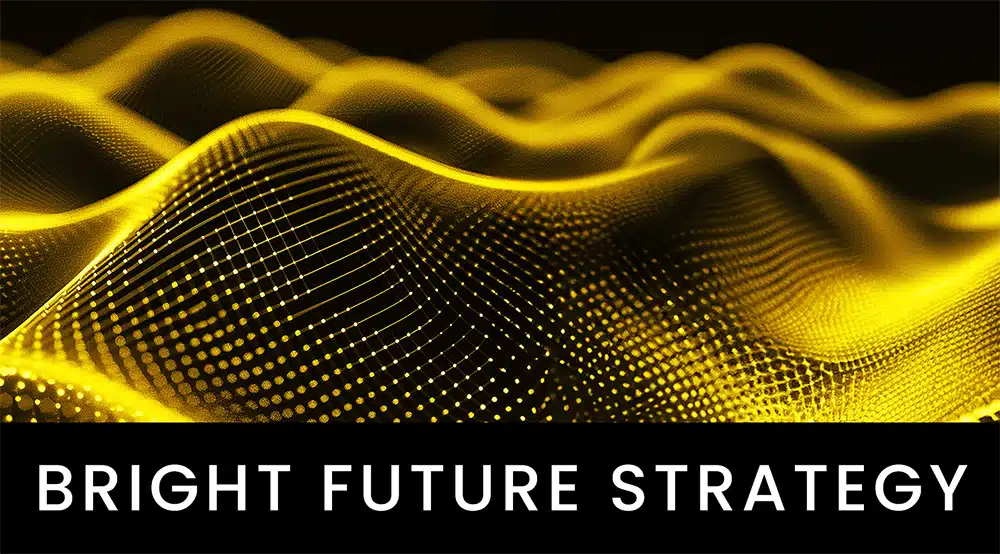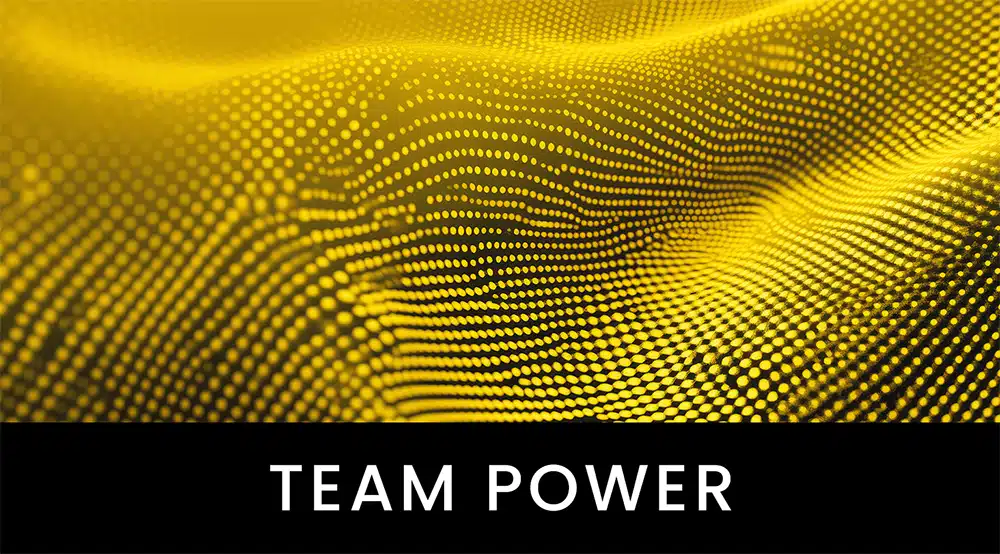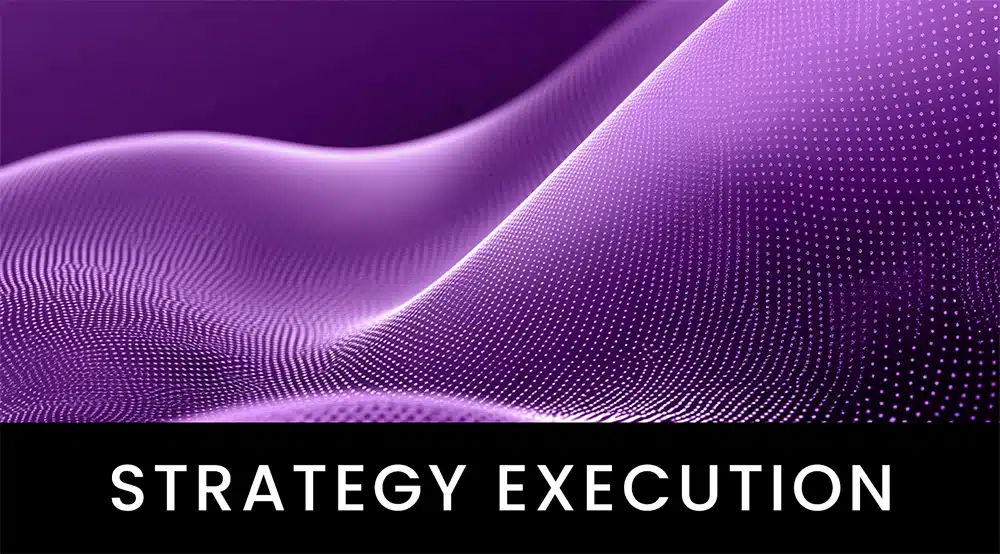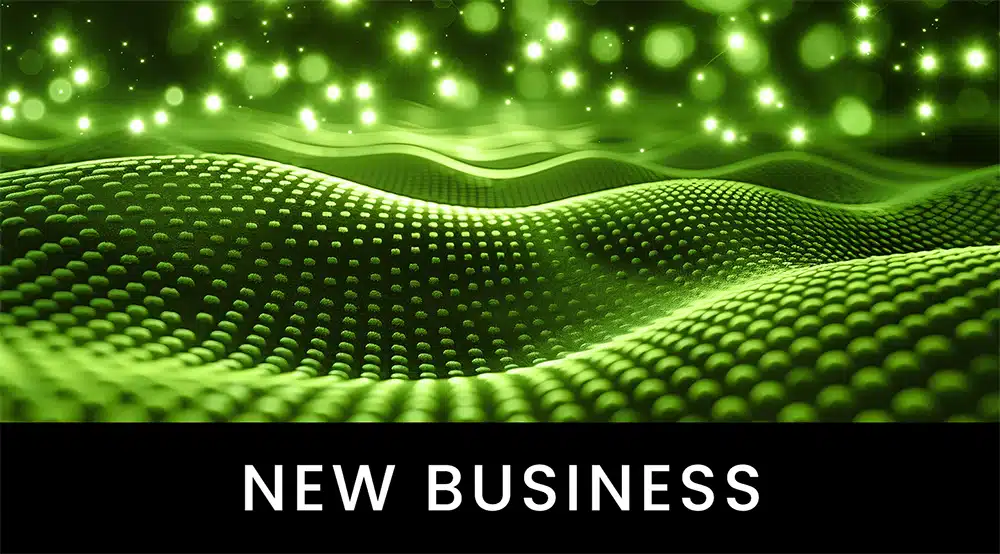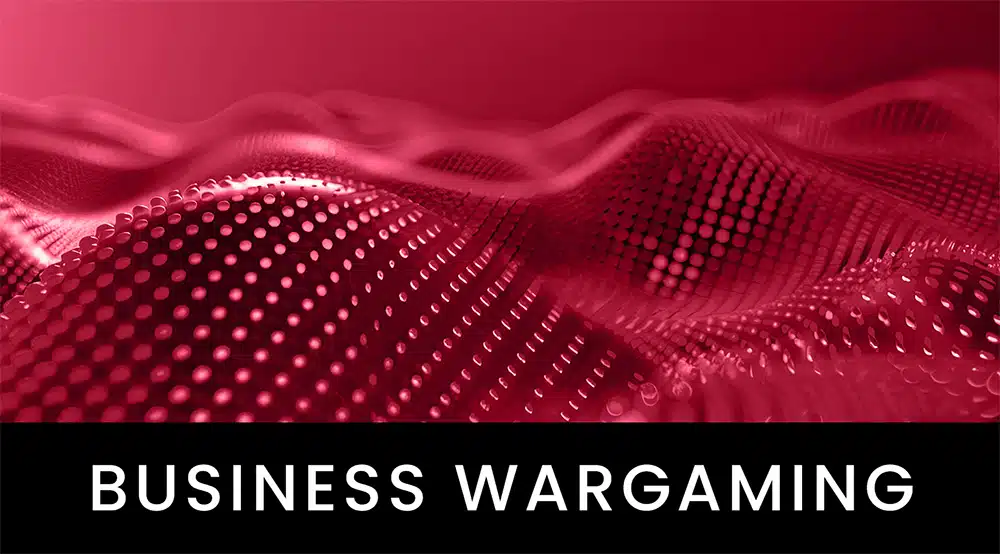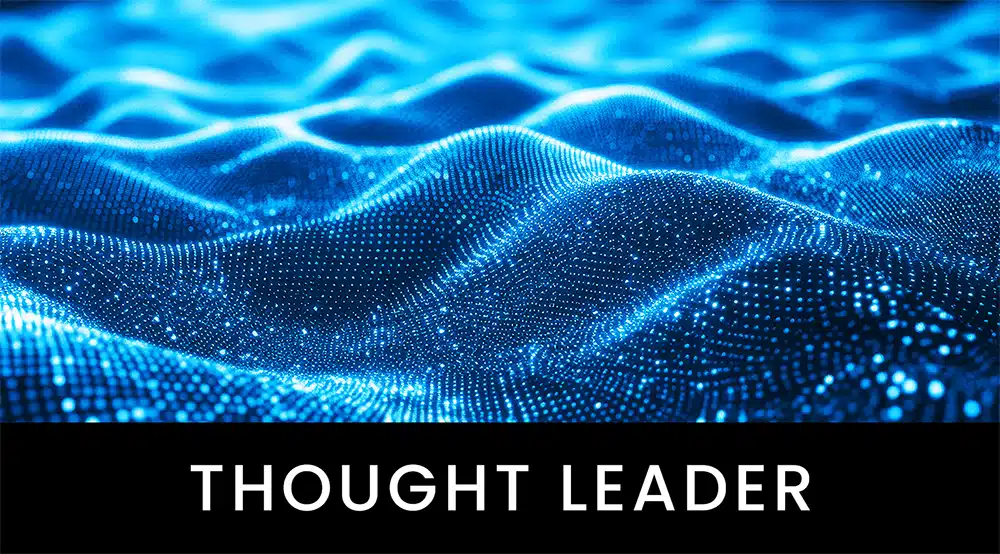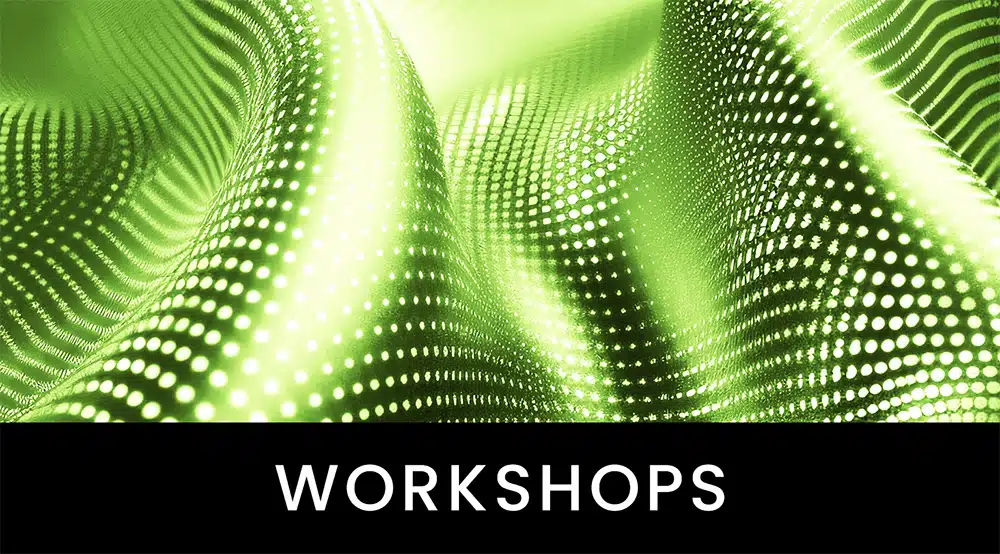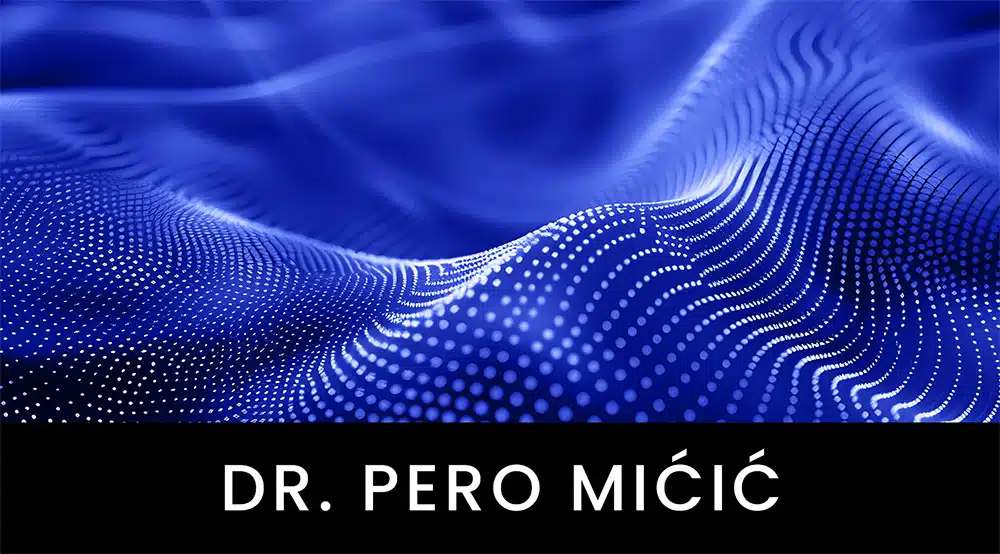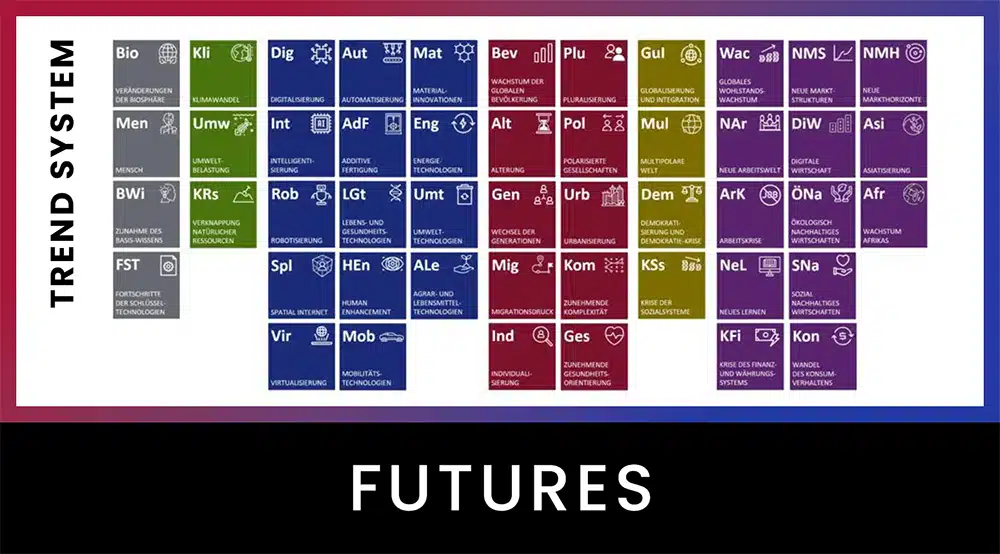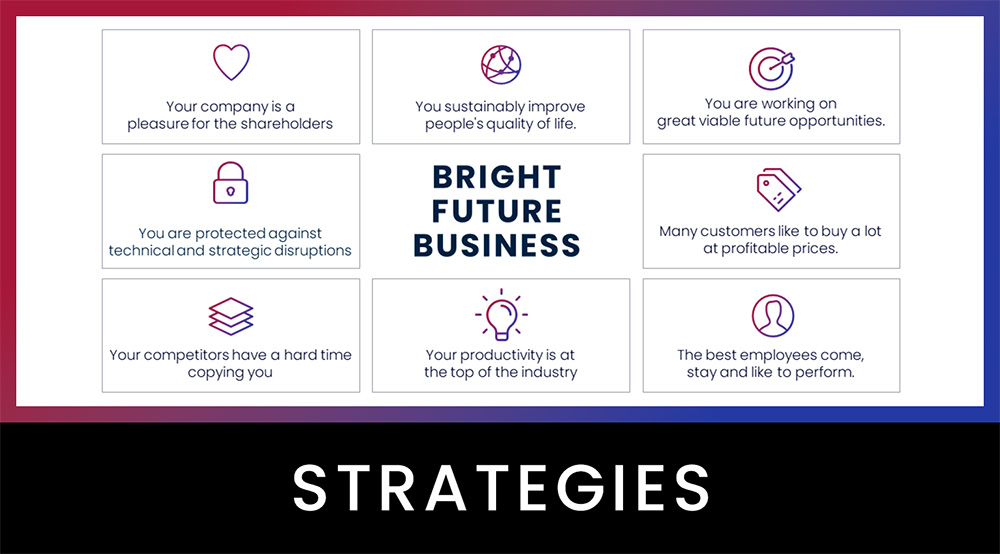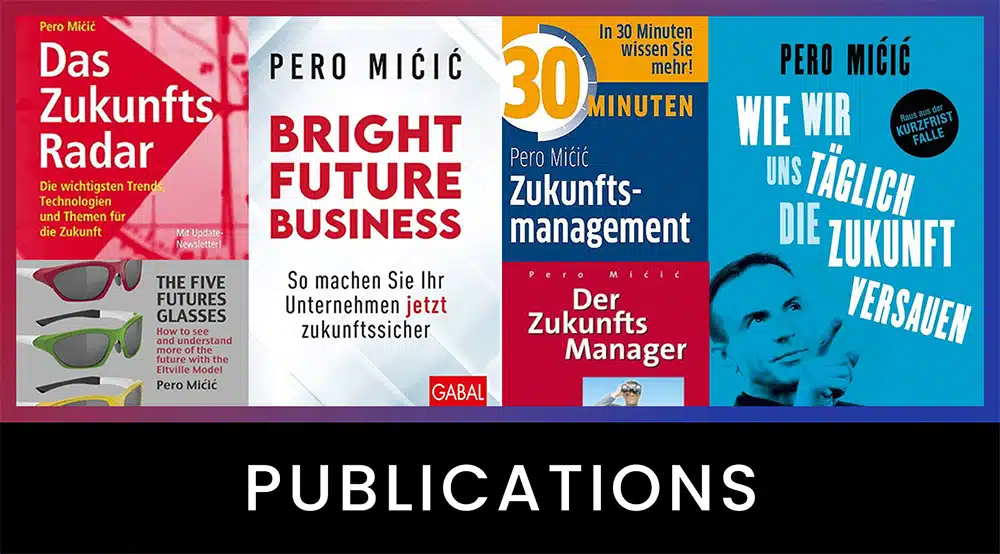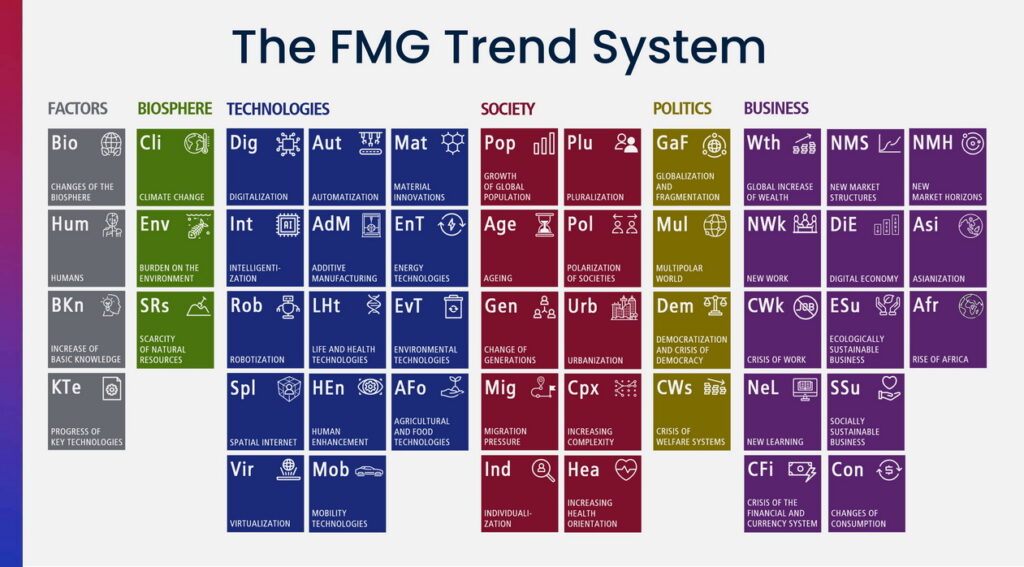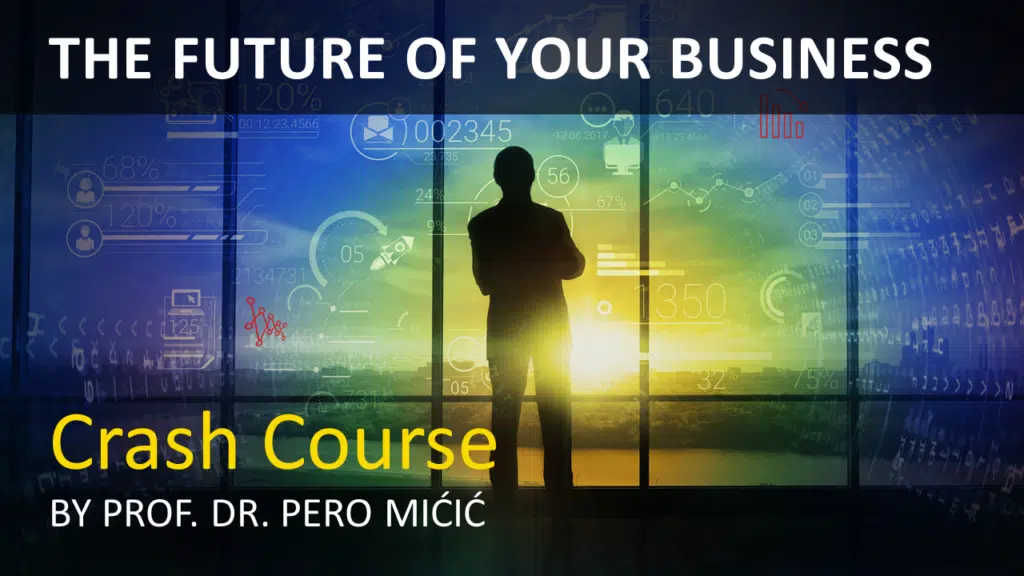Dr. Pero Mićić
What specific opportunities do you have in the crisis?
Crisis opportunity No. 03: Focus your business model on eternal needs
The crisis is stirring everything up, calling everything into question. That’s why, especially now in a crisis, it’s possible to rethink and rebuild your business from the ground up. So that you can secure it, make it crisis resilient and more successful. So that you can think your future company and give your team a motivating perspective. Put the only constant in the economic world at the center of your business model: the emotional effects for which customers pay only, the eternal needs.
No, this isn’t about sales gimmicks, all that “don’t sell the product, sell the benefit” stuff. No. This is about existence, about identity, the basic business model. It’s about how disruption works.
What are your customers really paying you for? What eternal needs do you need to address?
Surely you know the statement that customers do not buy a drill, but the hole. And that is wrong. They buy a more beautiful apartment due to the picture on the wall and the emotion they expect from it. Like pride or joy. That will never change. But how we bring images into our homes will always change. There will be displays and projections.
Your customers and your customers’ customers never buy the products, services and solutions. They only ever buy emotional effects. These are the eternal needs. In a rough breakdown, these are security, gain, progress, recognition, connection, comfort, joy.
That sounds too theoretical for you? I don’t know what is more practical than a factor that has destroyed hundreds of thousands of businesses and created just as many!
You’re not buying a music streaming subscription, you’re buying the emotion that the music creates. This has not changed since the vinyl record, the MC and the CD. They are not buying a tunneling plant, they are not buying the hole and tunnel in the ground, but they are buying the encounter with other people and they are buying the availability of goods. The farmer does not buy the crop protection product, but she buys yield increase and yield protection. That will never change. But how you solve that will always change.
They don’t buy the car, but on a simple level they buy the transportation from A to B. But on a higher level they buy the encounter with other people and they buy prestige and pleasure. That will never change. But in the future, we won’t need our own cars for these effects, but perhaps virtual reality and rented robotaxis.
Why is this principle of effect so central?
If you are looking for something in this complex and fast-paced business world that is truly constant, that you can rely on for the long term: Then it’s the emotional effects that people want to create for themselves and buy from companies. Again, this has always been and will forever remain the only constant in the business. This applies to ALL industries. Your products, services and solutions will pass away, but the desired effect will remain forever!
What happens in a disruption?
A competitor offers customers the same effect, but delivers it in a whole different way that is better, easier, more pleasant, or simply cheaper. Amazon instead of pedestrian zone. Robotaxi instead of own car. Super simple electric drive instead of complex combustion engine. Whatsapp instead of SMS. Paypal instead of bank account, streaming as music rental instead of MP3 download. Look out into the world, you will find thousands of examples.
But the thinking of most companies is focused on products and services. Solutions” are also nothing more than combinations of products and services. Many companies also name themselves after technologies and processes. XY Mechanical Engineering or ABC Engine Works. This blinds such companies, and perhaps you, to both threats and opportunities. This goes well until an aggressive competitor focuses on the actual emotional impact and you no longer stand a chance.
Your task:
Develop answers to the following questions with your team:
What emotional effects do the end customers of our products, services and solutions pay for?
Yes, even if you manufacture machines or cylinder-head gaskets, customers pay for emotional effects at the very end of the value chain. Without emotions, nothing has value for people.
How would a freshly formed startup team with funding from Alphabet/Google deliver those exact effects?
They’d use design thinking to rethink the customer experience, and they’d go maximum digital!
How would Tesla, Apple, Amazon and of course Alphabet deliver the effects?
Which of these can we do ourselves and when?
What do you think about it? Do you have any questions?
x
X
Placeholder
Please also follow these links:
► Free video crash course THE FUTURE OF YOUR BUSINESS
► BUSINESS WARGAMING for robust business and future opportunities
► LECTURES AND KEYNOTES by Pero Mićić for your employees and customers
Placeholder
I wish you a bright future!
Have a bright future!
Placeholder

